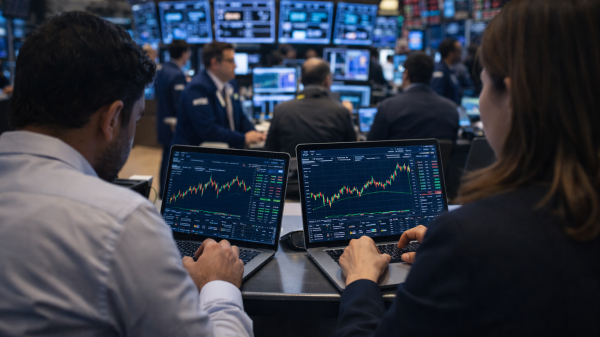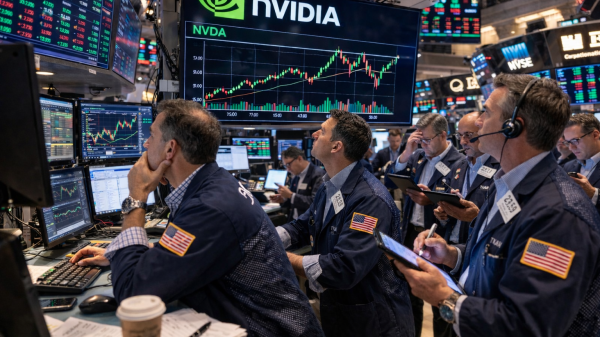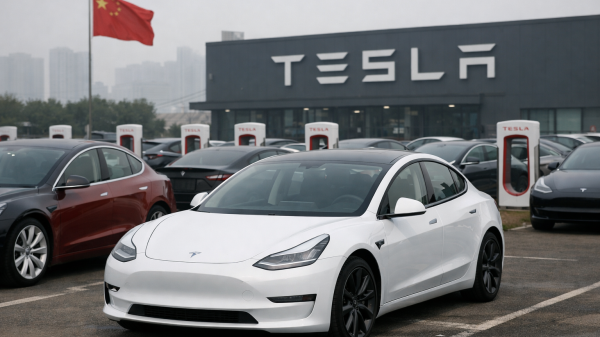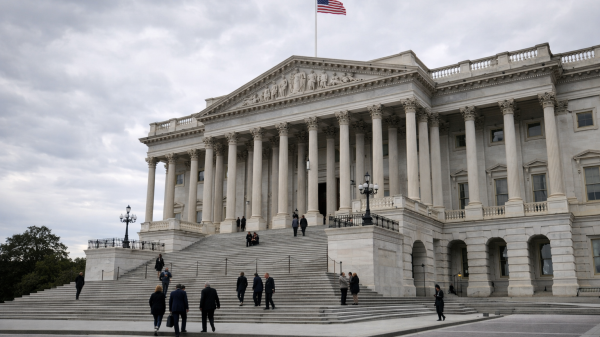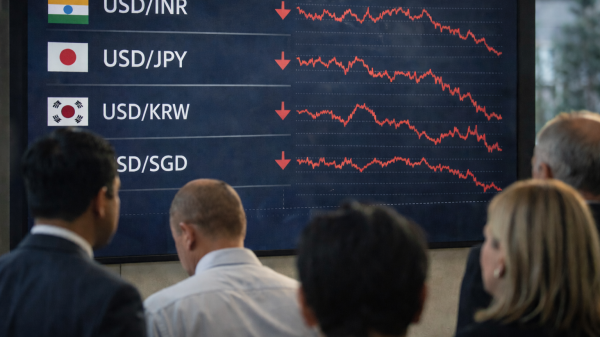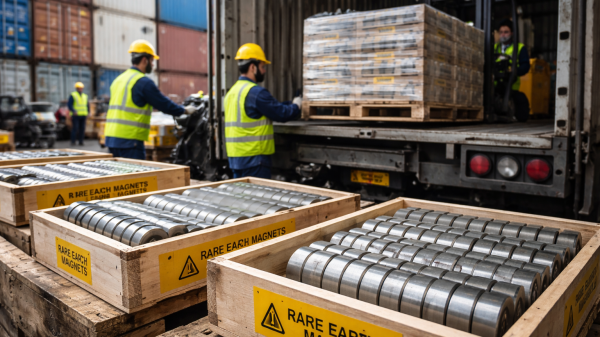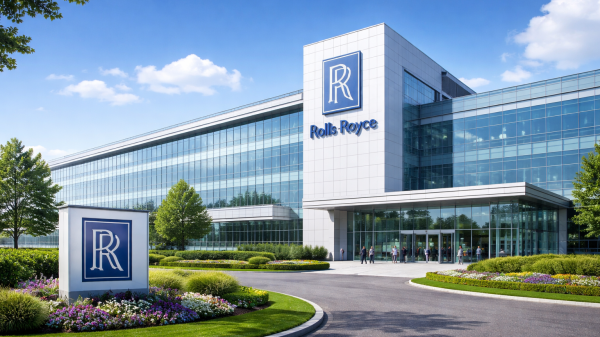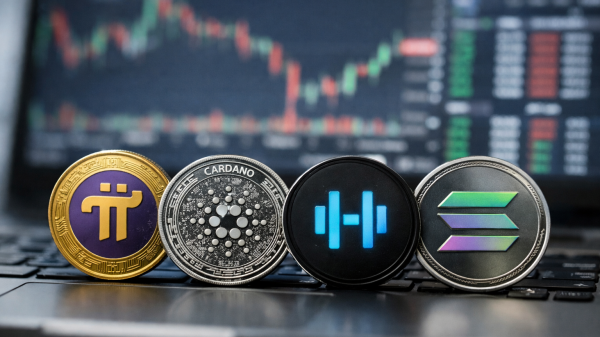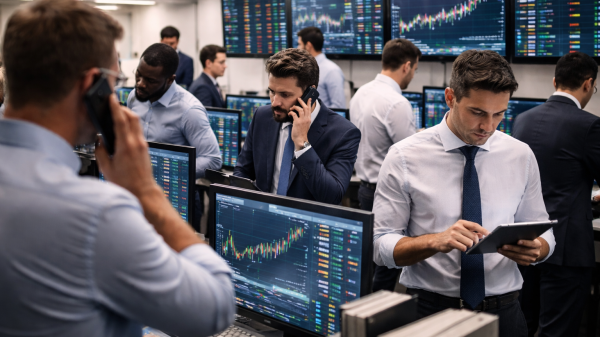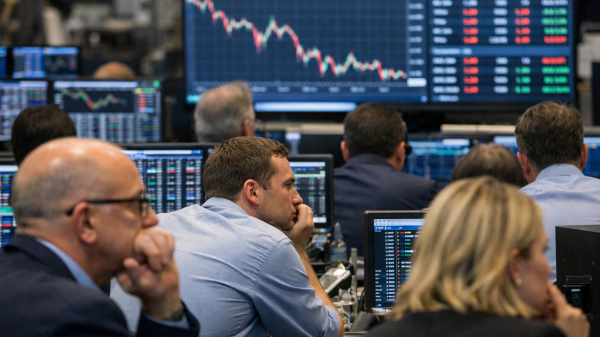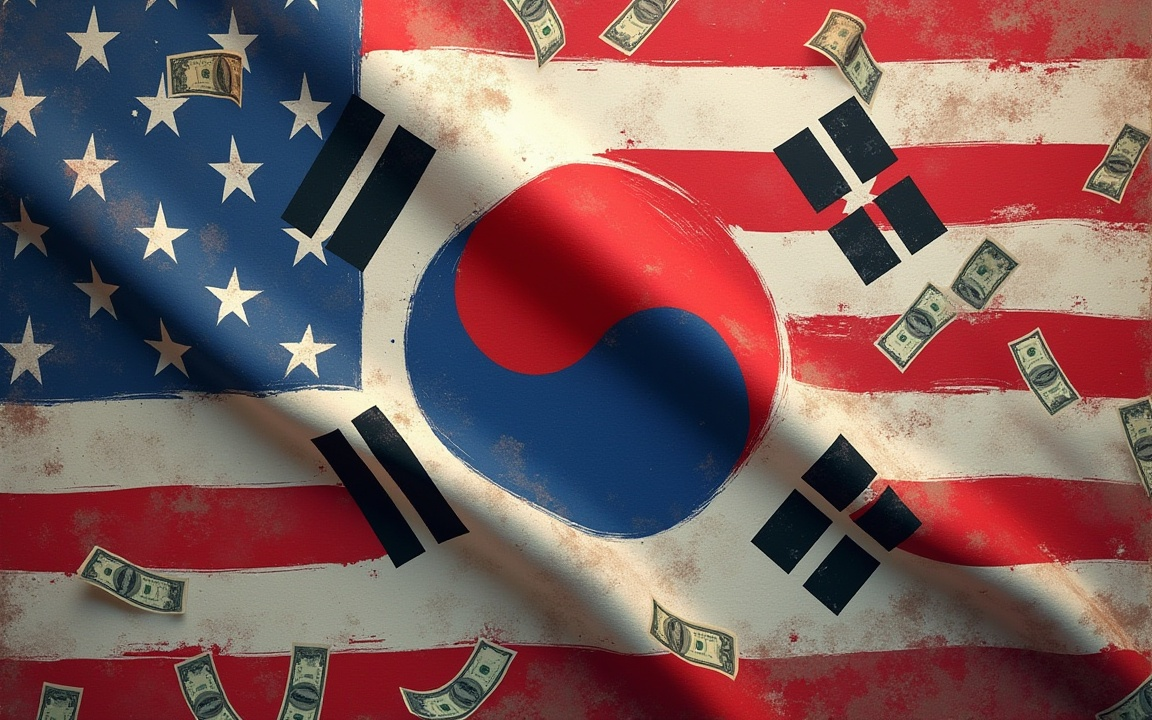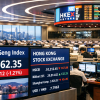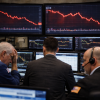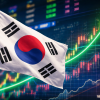South Korea’s multi-billion-dollar investment pledge to the United States has entered a tense phase, as negotiations continue in Washington following an unprecedented immigration raid that raised concerns over the treatment of Korean workers.
The $350 billion commitment, first announced in July, was intended to strengthen trade relations and secure tariff reductions on South Korean automobiles and parts.
But the detention of over 300 Korean workers at a Hyundai Motor Co.–LG Energy Solution Ltd. plant in Georgia has triggered debate in Seoul about whether the outlay is viable, especially as tariff uncertainty persists.
Immigration raid shifts focus in trade talks
The immigration raid in Georgia, which temporarily detained hundreds of Korean workers, has cast a shadow over the talks.
While the workers were later released and flown back to Seoul, the incident prompted South Korea’s trade negotiators to reassess how the US handles foreign labour at major investment sites.
Trade Minister Yeo Han-koo held discussions with US Trade Representative Jamieson Greer on Tuesday, days after Industry Minister Kim Jung-kwan’s meeting with Commerce Secretary Howard Lutnick.
Both meetings followed the return flight of detained workers, with Seoul signalling it would firmly address the issue during ongoing negotiations.
President Lee Jae Myung warned last week that the immigration incident could influence future Korean direct investment in the US.
Yeo underscored that the handling of the raid was excessive, adding that Seoul would press for stronger protections for Korean firms operating abroad.
Tariff uncertainty at the centre of negotiations
At the heart of the negotiations is the 15% tariff agreement on South Korean goods, reaffirmed at a White House summit last month.
However, the lack of a signed executive order from President Donald Trump to formalise the reduced auto tariff has left Korean officials cautious.
Currently, South Korean car exports face higher tariffs than Japan, putting Seoul at a competitive disadvantage in the US market.
The US has been pressing for a Japan-style arrangement, similar to the $550 billion investment pledge Japan made.
Seoul has resisted, with officials noting the economic disparity between the two countries and the potential impact on South Korea’s foreign exchange market.
Kim Yong-beom, director of national policy at the presidential office, emphasised that South Korea could not accept identical terms, highlighting structural differences in the two economies.
Economic impact of the $350 billion outlay
While the US sees the pledge as a pathway to cementing stronger bilateral economic ties, critics in Seoul argue that the $350 billion commitment outweighs the benefits.
According to Bloomberg, some officials and economists believe the sheer scale of the outlay could burden South Korea’s economy more than the potential cost of US tariffs.
Dean Baker, senior economist at the Center for Economic and Policy Research, said paying higher tariffs might ultimately be less costly than meeting the US demand.
He estimated that a 25% tariff would reduce South Korea’s GDP by just 0.7% through lost exports, compared to the much larger cost of the proposed investment package.
This economic calculation has intensified the debate in South Korea about whether to proceed with the deal.
Some policymakers are concerned that such a large outflow of funds could disrupt the domestic economy and limit the government’s flexibility in supporting local industries.
Seoul’s balancing act between trade and politics
The back-to-back meetings in Washington highlight South Korea’s determination to finalise the deal but also underscore its cautious stance.
Trade Minister Yeo Han-koo is scheduled to return to Seoul this week after pressing for assurances that South Korean firms’ interests will be protected.
The handling of the Georgia raid has become a flashpoint, with officials in Seoul stressing that it will play into how much trust they can place in the US as a long-term investment partner.
As negotiations continue, South Korea faces a complex balancing act.
The country is weighing the strategic importance of deepening its US economic ties against the risk of committing funds that may not deliver proportional returns.
With tariff enforcement unresolved and political sensitivities rising after the immigration raid, the $350 billion pledge remains a pivotal test of Seoul’s trade strategy.
The post South Korea’s $350 billion US investment pledge faces new strain after immigration raid appeared first on Invezz



